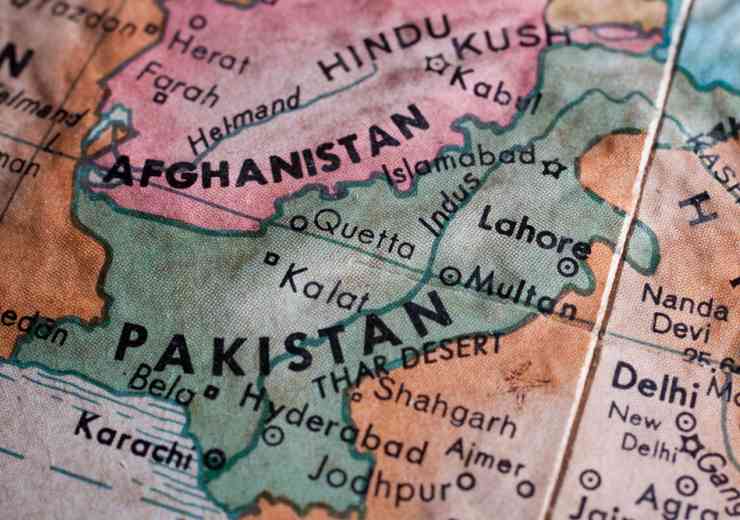Tunisia Drafts New Anti-Terror Bill
Tunisia is preparing to replace its controversial anti-terror law with new measures.
The cabinet on Tuesday (December 31st) approved the draft counter-terrorism legislation, sending the text to the Constituent Assembly for discussion.
According to the human rights ministry, the new legislation will ensure the right of detainees to a fair trial.
"The new bill contains a precise and clear definition of terrorist crime, unlike the old law, where the definition of the crime of terrorism was loose and open to many interpretations," explained Chakib Darwish, a spokesman for the ministry. "The new definition was approved by the Office of the United Nations and is accurate enough to be implemented."
As for the new sections in this law, Darwish told Magharebia that it "codifies hacking, surveillance and eavesdropping. It also compensates victims of terrorist crimes and rehabilitates them. The new project will try as well to reconcile achieving security and countering the threat of terrorism on the one hand, and respect for human rights principles on the other."
The revised act also calls for the creation of a national committee for the fight against terrorism made up of judges and experts from several ministries. This committee will tackle the tasks of drawing up a strategy to combat this type of crime, maintaining a database, and co-ordinating with all parties to help the victims and provide the necessary protection for witnesses, informants, and experts.
Human rights and political activist Abdelwahab El Heni told Magharebia, "Sanctions in this new law are more lenient than penalties stipulated in the penal code. It has more legal guarantees such as the presence of a lawyer with the accused and the protection of the professional secrets of lawyers and journalists, except in extreme cases."
With the recent rise in terrorism in post-revolution Tunisia, some have accused security forces of human rights violations. The Association for Freedom and Fairness (INSAF), chaired by lawyer Imen Triki, alleged ill-treatment of detainees in terror cases.
Human Rights Minister Samir Dilou said that most of the grievances came from Ansar al-Sharia and radical religious groups.
Sahbi Jouini from the security forces' union rejected the accusations and accused INSAF as well as Islamist lawyers of what he described as trying to "launder terrorism".
"The fight against terrorism cannot be in any way a cover or justification for the violation of human rights," President Moncef Marzouki said last October during a symposium on the new anti-terror law.
Tunisians fed up with terrorism have said that sanctions must be stricter against key instigators and perpetrators, but others voiced fears of a return to repression under the pretext of combating extremism.
Chakib Ben Moussa, a 40-year-old employee told Magharebia, "They hate the nation and have nothing to do with us. They must suffer maximum penalties for they are murdering our children and youth."
"There is a real fear of restrictive laws which can take us back to repression, as happened under Ben Ali," commented Suha al-Zaidi, a 30-year-old teacher. "If we respect human rights and the dignity of citizens, we can reduce the risk of terrorism.
digital issue


























